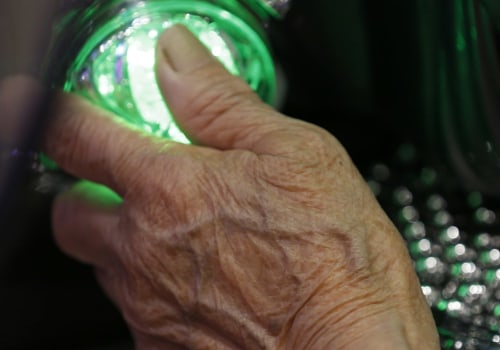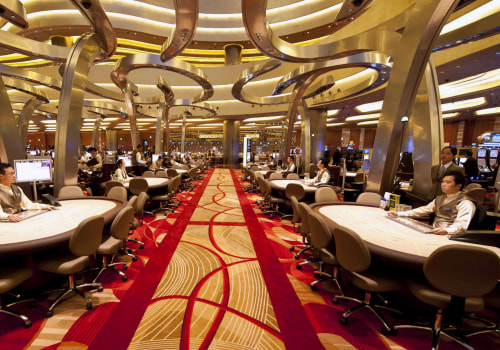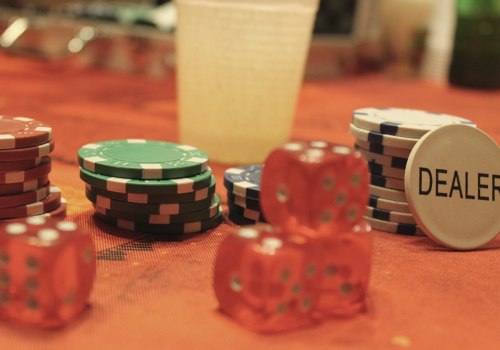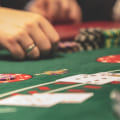Most forms of gambling in Japan are generally prohibited by Chapter 23 of the Criminal Code; however, there are several exceptions, including betting on horse racing and certain motorsports. Most gambling is illegal in Japan, but there are exceptions. Betting on some sports such as horse racing and certain motorsports is allowed, and football pools known as “toto” and lottery are allowed by special laws. Japan's strict gambling regulations and laws mean that no casino has been allowed to operate on Japanese soil.
However, it seems that this is about to change. Recently, there have been ongoing discussions within the Japanese government regarding the legalization of sports betting in football and baseball. While players wait for the opening of new casinos, they can still enjoy sports betting in Japan. Gambling in Japan has been strictly prohibited and regulated since Chapter 23 of the Penal Code, also known as Law No.
45 of the Penal Code of Japan, explicitly prohibited organized gambling or private sale of lottery tickets, with heavy fines in yen and imprisonment as a deterrent. Before they can do so, Japan will have to lift the ban on gambling, which is currently illegal in most forms. For legal purposes, pachinko machines are technically considered “gambling”. Officially speaking, gambling in Japan has been illegal since 1907, near the end of the Meiji era.
During this time, of course, many “unofficial” casinos have appeared in Tokyo and outside the capital, largely managed or connected to the Yakuza, a notorious criminal organization in Japan. While entering one of these casinos would rarely get you in trouble with the police, you won't have to watch your back any less. Gambling has been a taboo subject in Japanese society and, since 1907, most forms of gambling, including casinos, have been illegal. However, there are many forms of legal gambling in Japan, such as Pachinko, Lottery and certain types of sports betting.
If you're traveling to Japan, on the other hand, you're unlikely to want to sit at your computer playing while you're exploring. While pachinko has been popular in Japan for more than 100 years, industry revenues are falling, almost half from its peak, and new generations are turning to other activities such as smartphone games and online gambling. The argument against it has been that it could lead to addiction (since Japanese people are not used to gambling) and organized crime, and the law is actually very unpopular with Japanese society. The crime of managing a place to play also requires managing a place to play and “making a profit” 10 and the term “making a profit” is understood to mean intending to obtain an illegal financial benefit (in the form of fees, commissions or other) under consideration.
For example, once the government and citizens see that regulated casinos can generate revenues without causing an increase in gambling addiction, Japan is likely to create laws on online casinos. In addition to gambling, Yakuza also participated in the exchange of loans, forcing local customers in local markets to buy their fake products. One of the benefits of Japan's sports betting laws is that citizens don't have to pay taxes on gambling winnings. As now, gambling was banned in feudal Japan, so players had to set up gambling houses in abandoned temples or shrines on the outskirts of towns and cities.
The term “bet” is understood as “an act in which more than two people bet on the outcome of a chance contest to compete for a prize in the form of property or asset”. Racing bets are limited to mutual bets, so other Japanese gambling laws do not apply. The bottom line is that yes, gambling in Japan has been illegal and is still heavily regulated, but laws to date have been full of loopholes, and the ban on casinos is being relaxed in the future. The country is taking a long time to discover all the new Japanese gambling regulations that will govern the new casinos.
If you end up owing a debt to one of the Yakuza gambling halls, they will use every means necessary to get your money. According to Chapter XXIII of the Penal Code of Japan, gambling is generally subject to a widespread prohibition, with heavy fines and even prison sentences for persons who break the law. . .











Leave Reply